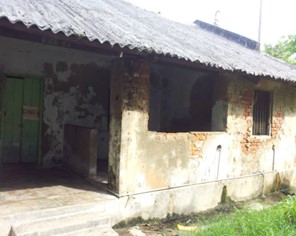
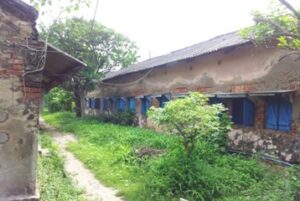
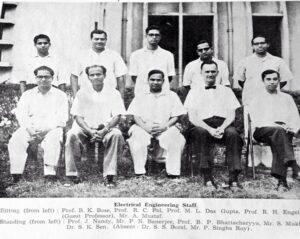
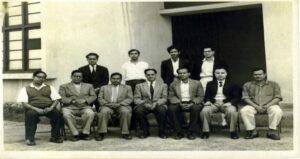
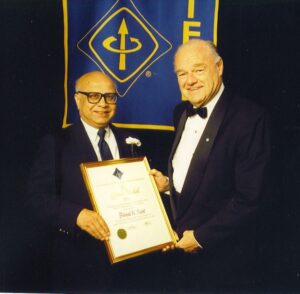 I am receiving Lamme Gold Medal from the IEEE President (June 1996)
I am receiving Lamme Gold Medal from the IEEE President (June 1996)I also received the IIEST Shibpur Alumni Association “Lifetime Achievement Award (2018)”, the IIEST Distinguished Alumnus Award (2006), the D, Sc. Degree (Honoris Causa) (2013), Distinguished Lecturer of IAS and IES, and a number of prize paper awards. The IEEE Industrial Electronics Magazine published a special issue (June 2009) “Honoring Bimal Bose and celebrating His Contributions in Power Electronics”. The IES Bimal Bose Energy Systems Award was established in 2014 which was funded by the IEEE Foundation and the IEEE IE Society. And I also donated 2.5 lakh rupees to IIEST Shibpur in 2010 to introduce the yearly B. K. Bose Distinguished Lecture Program
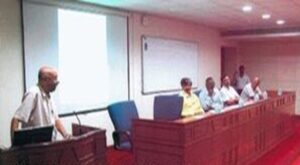 File photo: Dr. Ajit Chattopadhyay (1958 EE) is inaugurating the B. K. Bose Distinguished Lecture Program 2010. Sitting from left: Prof. Ajoy Ray (Director), Prof. V. Ramnarayan (Lecturer), Prof. Ajit Das and Prof. Srikumar Mallick.
File photo: Dr. Ajit Chattopadhyay (1958 EE) is inaugurating the B. K. Bose Distinguished Lecture Program 2010. Sitting from left: Prof. Ajoy Ray (Director), Prof. V. Ramnarayan (Lecturer), Prof. Ajit Das and Prof. Srikumar Mallick.

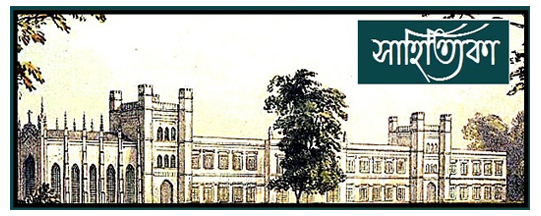
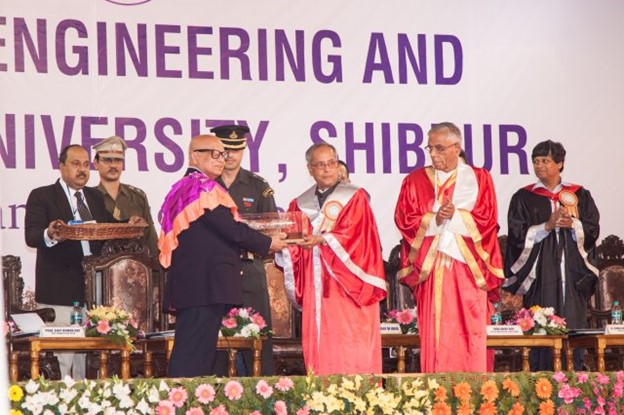
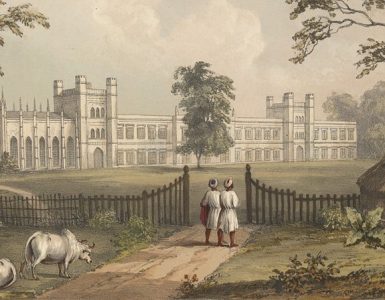
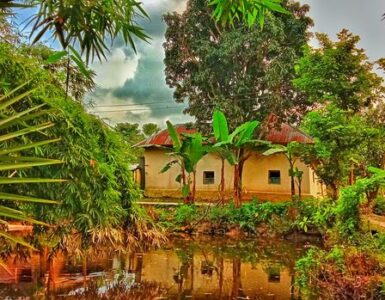
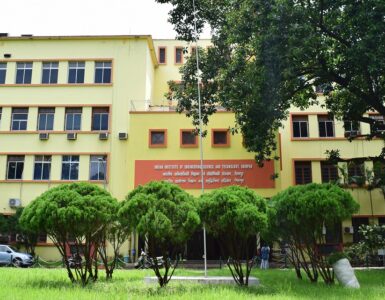










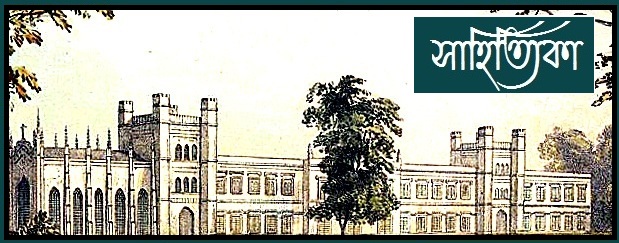
There are some errors in my article which were introduced while editing. Please make correction.
Bimal’da,
Such articles are generally never touched for changes, except that our editorial team makes corrections on grammar or spellings only, but not on contents / subjects.
I know some of the photographs, important for the article, has been collected from internet, and I am sure those photos enriches your article. From our side we have added awards & recognitions. Otherwise, we have not made any changes in the contents.
Sent on your email, what is finally drafted, I would request you to highlight specific lines, where changes (alterations) had been made.
Regards
Asim Deb.
“উদ্বাস্তু ছাত্রের কৃতিত্ব” এই শিরোনামে ১১ই জুলাই, ১৯৫৬ যুগান্তর পত্রিকা একটি প্রতিবেদন বেরিয়েছিলো; সেই প্রতিবেদনটি হুবহু এখানে রাখলাম।
খুলনা জেলার খলিষখালি নিবাসী শ্রীরাজেন্দ্রনাথ বসুর পুত্র শ্রীবিমলকুমার বসু শিবপুর ইঞ্জিনিয়ারিং কলেজ হইতে এই বৎসর ইলেক্ট্রিক্যাল ইঞ্জিনিয়ারিং এ ফার্স্ট ক্লাস থার্ড হইয়াছেন। ১৯৪৮ সালে পাকিস্তান হইতে নিঃস্ব অবস্থায় অধ্যয়নের জন্য আসিয়া তাঁহাকে অনেক সমস্যার সম্মুখীন হইতে হয়। নিজের পাঠ্যানুরাগ ও অধ্যবসায়গুণে দীর্ঘ ৮ বৎসরকাল পরে তিন আপন উচ্চাভিলাষ পূরণে সমর্থ হন।
এই বৎসর কৃষ্ণনগরের শ্রী হীরালাল মুখোপাধ্যায় ও হরিপালের (হুগলী) শ্রী জয়দেব নন্দী যথাক্রমে ফার্স্ট ক্লাস ফার্স্ট বা ফার্স্ট ক্লাস সেকেন্ড হইয়াছেন।
Dear Santanu:
I was really surprised by seeing this quotation. I practically forgot it. Thank you.
Bimalda
Dear Sabtanu:
Please tell me something about you. How do you know me?
Bimalda